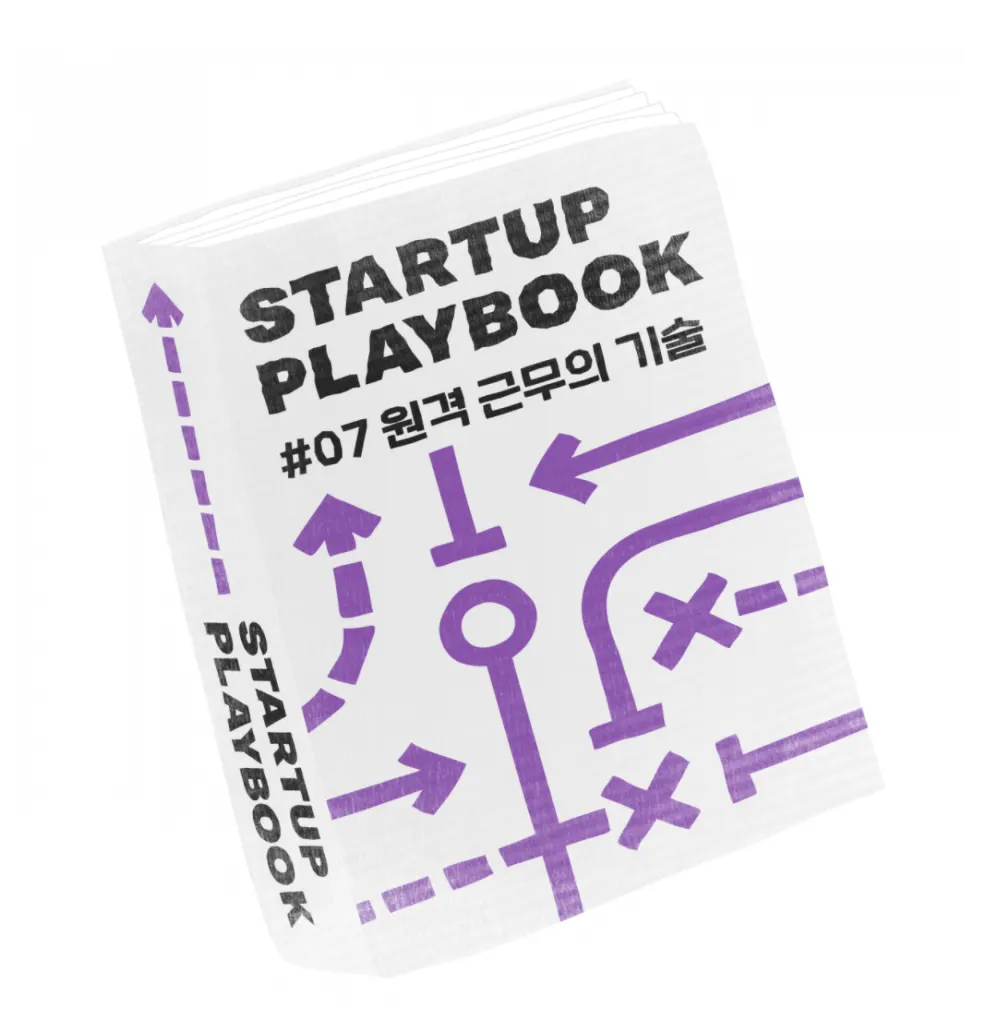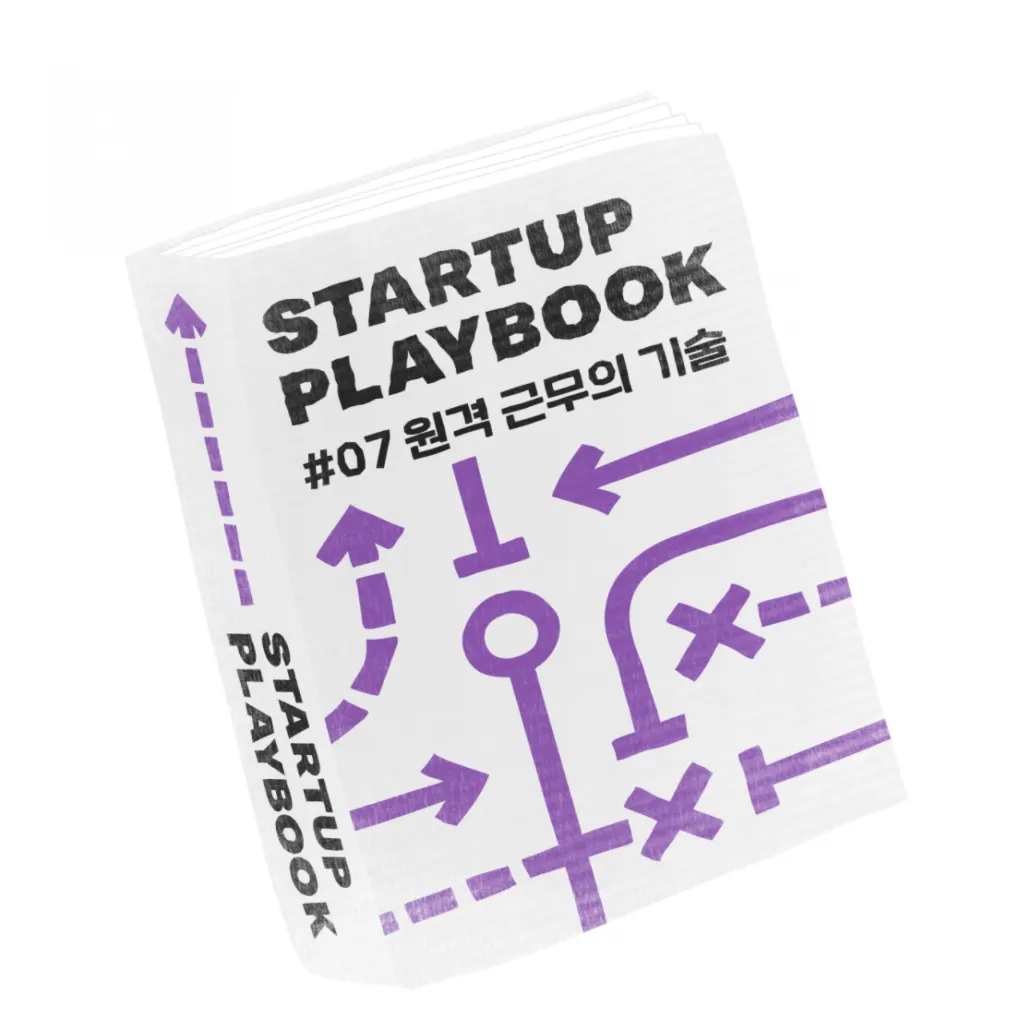Startup Playbook is a series of feature articles on the problem solving process of successful startups in South Korea. In the seventh article of the series, I talked to two startup founders whose companies encouraged its employees to work from home even before the pandemic. I talked to Minhee Cho of business networking platform Rocket Punch and Donggun Lee of My Real Trip, an online travel and activities marketplace that received more than $35 million of series D investments in the middle of pandemic.
Below are the translated table of contents and excepts to the article
Table of Contents
Keys to Increased WFH productivity: Communications strategies that closes physical distances
Minhee Cho of Rocket Punch: How to build camaraderie without meeting in person
Respecting autonomy of every employees
From 9-to-5 to a business without days off
Discuss even the smallest things openly and frequently
How to communicate without disturbing
Communicate through facial expressions
The best productivity tools for remote work
We need conversations unrelated to work
Evaluate on results, not attendance
Finding work-life balance
Donggun Lee of My Real Trip: Leaving detailed records is a key to effective sharing of information
Rules matter more than philosophy
Write everything down
Create open records of all conversations
Have Zoom meetings with cameras on
A performance-driven company culture comes first
Best tools for collaboration
Excerpts from the Interview
Cho: We not only don’t work from home, but we work form anywhere. Work takes place at a time and place that our employees prefer. Having thought through on the essence of work, I realized that it’s nothing more than coming up with results. Everyone knows how they can best perform, and I am not interested in telling them when and where to work. Rocket Punch evaluate its employees solely based on performance, nothing else. Attendance does not mean anything to us, as long as the work gets done. We have been working this way since the start of the company in 2015.
Cho: Working at an office, we often suck in the information floating around us and check how aligned our colleagues and I are on key issues. Those experience aren’t going to happen naturally while working from home. It’s difficult to sync what people have in mind without occupying the same physical space. That’s why we need to communicate extensively online, opening all information and key insight to everyone in the organization.
I thought hard on how to make people feel a sense of belonging at the firm without an office. I soon realized that the key is opening up even the smallest details to my colleagues. Many people are often afraid to show unfinished work. So do I. But I’m trying my best to create a company culture where unrefined, raw ideas and works can be shared all the time.
The HR team and I created a guide to remote work at Rocket Punch. Three things are emphasized: sharing more often, minimizing disturbance and interruptions and think through on non-verbal communication.
Cho: It’s often hard to concentrate when the company messenger constantly rings thanks to your colleagues trying to share everything. At Rocket Punch we made a rule for Slack messenger: writing all messages in full, complete forms. If you cut down your sentences in multiple messages like you do with friends, the other person has to wait for the next message to come through. It is absolutely wasteful to call “Hey, Hyerin” and then continue writing after the person responds. They need to stare at the screen doing nothing but waiting for you to type. A message needs to be complete, with all the information you are trying to deliver fully written.
Lee: A performance-based evaluation system should come first over anything. For employees to fully take advantage of benefits from remote work, they have to believe that where they work does not matter at all. If there is no such system of evaluation, those who would stay at the office long enough would eventually climb up the ladder. In that case, employees perceive remote work opportunities as a privilege, a perk that needs to be used with discretion.
All the talk about performance-based evaluation system does not mean anything if people who deliver results while working from home don’t prevail. If I promote those who practically live in the office, then no one’s going believe the HR-speak. People react nimbly to praise and reproach. Those who contribute the most while working remotely 3~4 days a week should be promoted for the management to consolidate a company culture based on performance. In other words, the evaluation period is a great time to deliver clear and strong messages.





